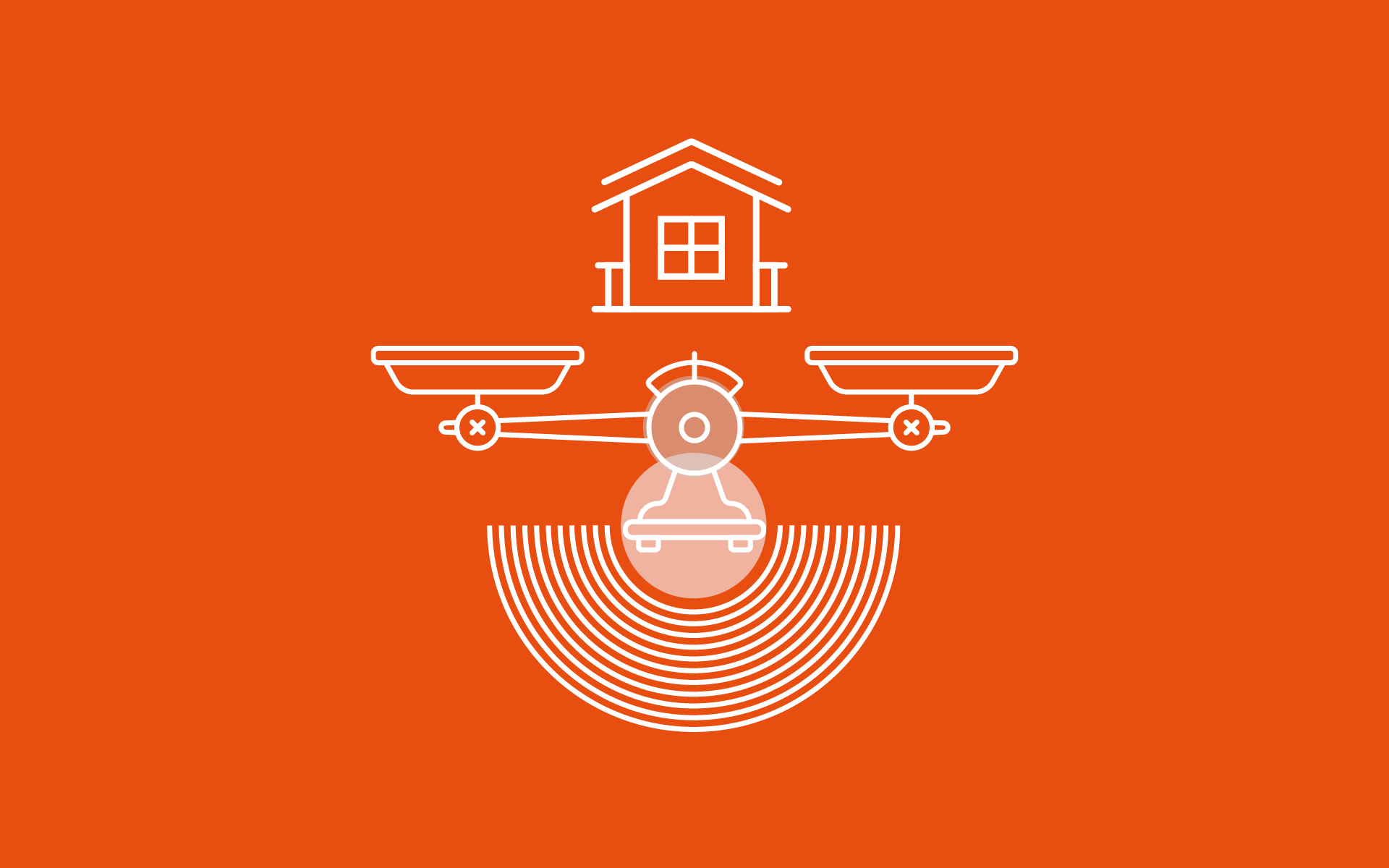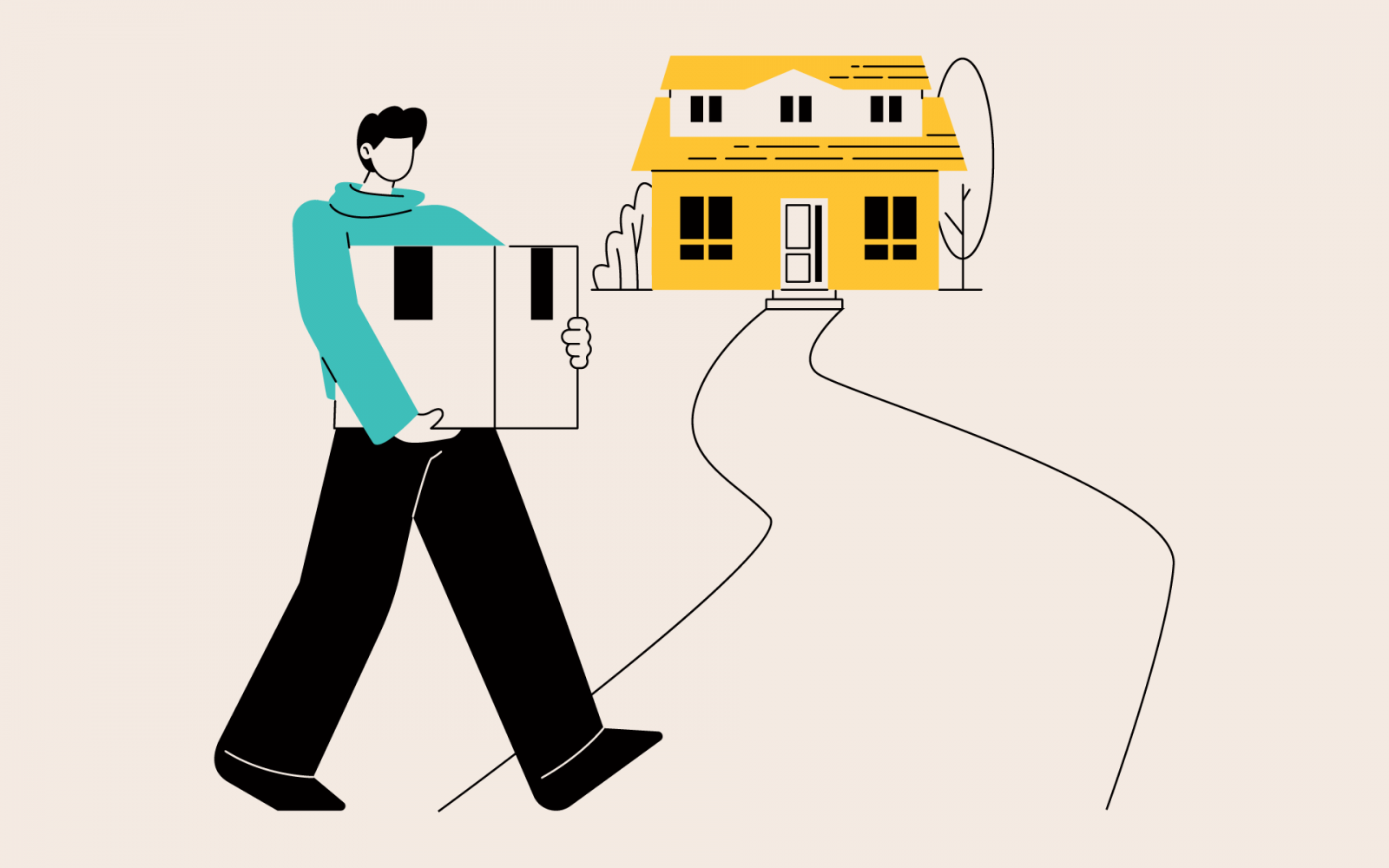What Fiddler on the Roof can teach us about finding perfect balance in our lives

It’s all about finding our happy place at home.
What keeps the fiddler from falling off the roof? The answer, according to Reb Tevye in the 1971 musical Fiddler on the Roof, is tradition.
If the question was posed to a scientist in 2023 South Africa, instead of a philosophical milkman in Czarist Russia, we’d get a different response.
The scientist would explain that balance stops the musician falling off the roof.
Perhaps they’re both correct. Tevye’s traditions helped him to keep his balance in tumultuous times.
Balance keeps us grounded when we navigate changes in our lives. However, unless you are installing solar panels, you’re unlikely to be fiddling on the roof.
These days, the balance we’re seeking is not on top, it’s inside.
Research suggests that our physical environments influence how we feel, which is important because we spend most of our time in our homes.
Our homes play a role in our mental and physical wellbeing and the more we’re able to create balance, equanimity and calm in them, the better we can deal with the chaos of life, the universe and everything.
Researchers commissioned by Resi, an architecture practice in the UK, spoke to 4,000 people to find out how to turn our homes into relaxing and productive places, particularly when so much of the world is frenetic.
The authors of the project, The Science of a Happy Home, suggested that we shift from seeing our homes as “property” and view them as personal environments.
They identified factors that contribute to domestic bliss and found that a safe and secure physical environment reduced stress significantly.
Their research revealed that homes that “nourish” us required light. But it’s important to get the balance right.
People who live in dark homes are 150 per cent more likely to report ill health compared to those who don’t, but too much sunlight can cause overheating and sleep disturbance.
The answer, it seems, is to bring in natural light.
Environmental and design psychologist Dr Sally Augustin says natural light does great things for our brain in terms of cognitive performance.
Scientists have found that interacting with nature has psychological, physiological and cognitive benefits. It can cost your mood, lower your blood pressure, and improve your concentration.
However, because urbanites spend just 10 per cent of their lives in nature, scientists suggest inviting nature into our homes to take advantage of its health qualities.
According to University of Melbourne scientists, bacteria in the plant root system eat organic compounds coming off walls, carpets and furniture that could make us sick.
Their guideline to removing indoor pollutants is one medium-sized plant per 2.2 square metres. Added bonus: you’ll get better at maths.
Researchers at Australia’s University of Technology compared classroom performance in academic settings with and without plants, and found that pupils in classes with plants improved maths scores between 10 and 14 per cent.
The Science of a Happy Home report was released as Covid-19 drove the world into their homes. Some people baked banana bread, some launched DIY projects to make their physical environments work better for them, but I decided to use the opportunity to share the soundtrack to my youth, Fiddler on the Roof, with my children.
After all, I had a captive audience.
Fiddler tells the story of Tevye’s three oldest daughters, who break tradition by marrying men they fall in love with, rather than those chosen by a matchmaker.
It also recounts how anti-Semitism disrupted Tevye’s village, forcing the community to flee their homes in Eastern Europe.
Back in pandemic 2020, we also faced changes, but instead of fleeing from our homes, we fled into them. I hoped Fiddler would give my children some insights into life’s fragile balance.
However, as a shameless hoarder, my copy of the musical had disappeared into three decades of clutter.
I joined tidy guru Marie Kondo’s decluttering mission and attacked cupboards, drawers and boxes bursting with knick-knackery, thingamabobs, and whatsits.
In the process I reunited socks with their missing partners, found long lost Tupperware lids, and I increased my brain power and became healthier.
Research published in the Journal of Neuroscience in 2011 shows our brains like order, and the chaos of clutter in our homes drains our cognitive resources.
Multiple studies have found that a clutter-free home helps us feel more relaxed, reduces stress, keeps us focused and productive.
A chronically cluttered home environment can lead to a constant low-grade fight or flight response, taxing our resources designed for survival, putting us at greater risk of heart disease.
“Hallelujah,” I shouted as I pulled out my copy of Fiddler from underneath a pile of newspaper clippings from 1992 that I might need one day.
One snag, though, it’s a video tape. My video machine has long gone and because they’ve been out of production for years, they’ve become massively expensive.
“Oh,” I thought, “if I were a rich man…”




